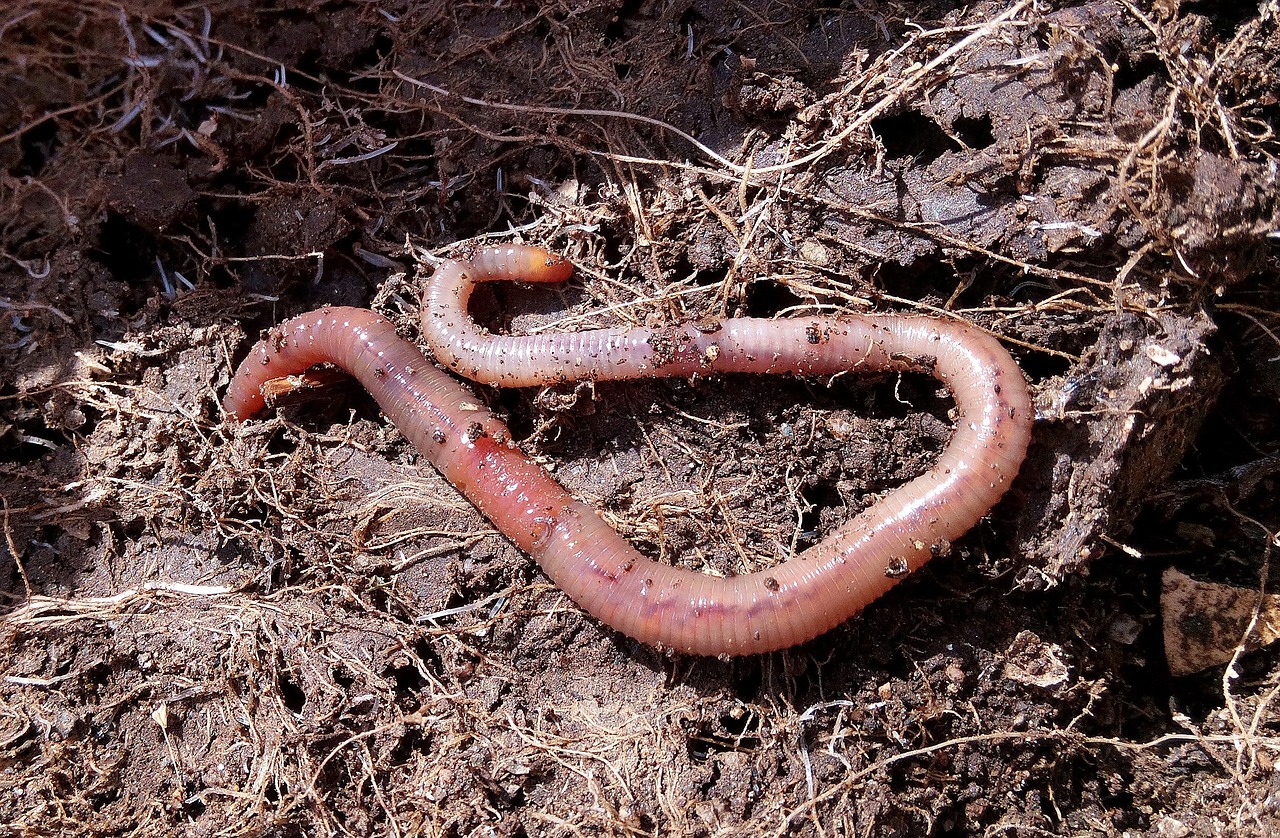The basics of home composting

In the quest for a greener, more sustainable world, composting is often mentioned as one potential solution. Composting at home is a simple and easy way to reduce waste, save money, and improve your garden’s health. In fact, it’s one of the most effective ways to recycle organic material and transform it into a nutrient-rich soil conditioner. But what exactly is composting? How does it work? And how can you start composting at home? This article will explore the fundamentals of home composting, from the materials you’ll need to the benefits it can provide for your garden and the environment.
What is Composting?
Before we delve into the process of composting, it’s essential to understand what composting is and why it’s beneficial. Composting is the natural process of decomposition that turns organic materials into a rich soil conditioner, often referred to as compost. When you compost at home, you’re speeding up this natural process with the help of microorganisms, air, and moisture.
En parallèle : Best tips for quick house cleaning
Composting fits into the category of organic waste recycling, turning what would have been landfill waste into a valuable, nutrient-rich addition to your garden soil. It is a remarkable means of reducing the carbon footprint of your home, as it reduces the need for artificial fertilizers and decreases the quantity of waste going to landfill.
The Composting Bin
The first thing you’ll need to start composting at home is a composting bin or pile. There are various bins available on the market, from simple plastic containers to more complex tumblers. However, you can also create your own DIY compost bin using available materials such as wood pallets or wire mesh.
A voir aussi : Tips for saving energy at home
Your compost bin or pile should be located in a warm, shaded part of your garden. Remember, the composting process requires air and moisture, so ensure your bin has air holes and a lid to help retain moisture. It should also be easily accessible, as you’ll need to add scraps and turn the compost pile regularly.
The Composting Materials
To create compost, you’ll need a mix of green and brown organic materials. Greens are materials rich in nitrogen, like food scraps, coffee grounds, or fresh grass clippings. They provide the necessary nutrients for the microorganisms that break down the compost pile. Browns, on the other hand, are carbon-rich materials like leaves, straw, or paper. These materials provide structure and create air pockets in the compost pile.
The ideal ratio is about two-thirds browns to one-third greens. Too much green material can result in a smelly, slow-to-decompose pile, while an abundance of browns can slow down the composting process.
The Composting Process
The composting process begins once you start adding organic waste to your compost bin. The microorganisms present in the compost pile will start to break down the material, producing heat and turning the waste into a rich, dark soil conditioner.
To speed up the process, turn the compost pile regularly. This turning will help distribute air and moisture throughout the pile, ensuring all the material is degraded efficiently. If the compost pile is too dry, add water until it has the consistency of a wrung-out sponge. On the contrary, if it’s too wet, add more browns to help absorb excess moisture.
Utilizing the Compost
Once your compost pile has transformed into a dark, crumbly material that resembles fertile garden soil, it’s ready to be used. This process can take anywhere from two months to a year, depending on your composting conditions.
The final compost is a fantastic soil conditioner. You can add it to your garden beds to improve soil quality, use it as a mulch, or mix it into potting soil. It will improve your soil’s structure, increase its water-holding capacity, and provide a slow-release source of nutrients for your plants.
In short, composting at home is a simple, environmentally-friendly method of waste disposal that also benefits your garden. By understanding the basics of composting, you’re well on your way to creating your own nutrient-rich compost at home.
The Many Benefits of Home Composting
Home composting boasts a multitude of benefits, from soil enhancement to landfill waste reduction. For a start, it’s a fantastic method to recycle organic waste such as food scraps, grass clippings, and leaves. Instead of these green and brown materials ending up in a landfill, they are transformed into nutrient-rich compost that benefits your garden and plants.
This organic matter significantly enhances the quality of your garden’s soil. By adding this finished compost to your garden beds, you enrich the soil with crucial nutrients that plants need to thrive. Furthermore, the compost improves the soil’s structure and increases its ability to retain water, both of which are crucial for plant health and growth.
Another crucial advantage of composting is its impact on the environment. Composting at home significantly reduces the amount of organic waste that ends up in landfills, thus decreasing methane emissions, a potent greenhouse gas. Furthermore, by using compost as a soil conditioner, you can diminish your dependence on chemical fertilizers, which often have detrimental effects on the environment.
Home composting also has economic benefits, as it can save you money. Instead of purchasing expensive compost or fertilizers for your garden, you can create your own from organic materials you already have at home. Furthermore, composting can also reduce your need for water, as compost improves soil’s moisture retention capacity, thus lowering your water bill.
In essence, composting at home is a simple, beneficial, and eco-friendly practice with myriad advantages. By putting your organic waste to good use, you not only improve the health and productivity of your garden but also contribute to a more sustainable world.
In Conclusion: Composting is a Win-Win
In conclusion, home composting is a practice that benefits everyone. It reduces the amount of waste that ends up in our landfills, cutting down on harmful methane emissions and contributing to a healthier planet. Simultaneously, it enriches and improves the health of your garden soil, leading to more robust and vibrant plants.
Moreover, home composting is a simple and inexpensive process. With a basic compost bin or pile, a mixture of browns and greens, and a bit of patience, you can transform your organic waste into a valuable resource. It’s a solution that not only tackles waste reduction but also transforms it into an asset for your garden.
Remember, the keys to successful composting are balance and maintenance. Maintain the right balance of browns and greens, turn your compost pile regularly to distribute air and moisture, and keep it at the right moisture level. With these simple steps, you’ll be on your way to creating rich, nutrient-filled compost.
Whether you’re a seasoned gardener or a sustainability enthusiast, home composting is a simple and effective way to contribute to a greener and more sustainable world. By understanding and implementing the basics of composting, you can turn what was once considered waste into a valuable, soil-enhancing commodity.
